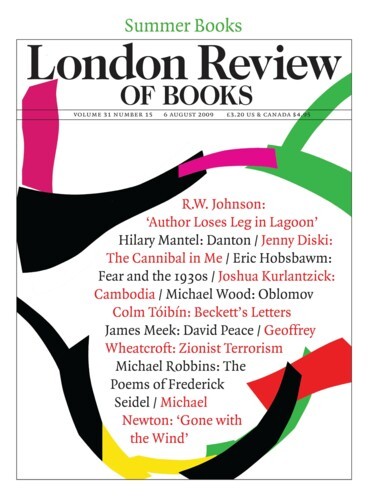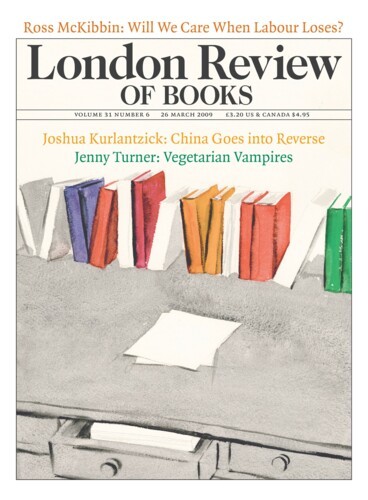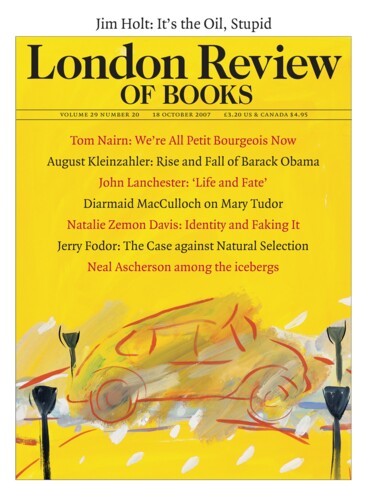When the Burmese opposition leader Aung San Suu Kyi was sentenced to a new term of house arrest this week the international community responded with shock and anger. The US government condemned the sentence, which a court handed down ostensibly because Suu Kyi allowed a deranged American tourist to rest in her house after he swam across a lake to see her. He was given seven years in prison. Inside Burma, the verdict seemed to cause little stir, though a heightened military presence in major cities helped keep the population quiet. The military junta had launched the absurd trial – Yettaw was able to reach Suu Kyi’s house even though it is probably the most guarded in all of Burma – in order to prevent the opposition leader from taking part in national elections scheduled for next year.
Joshua Kurlantzick
Joshua Kurlantzick is fellow for South-East Asia at the Council on Foreign Relations.
In Pol Pot Time: Cambodia
Joshua Kurlantzick, 6 August 2009
Cambodia, now 15 years removed from civil war, remains a shattered country. Poverty is on a par with many failed African states, there is widespread malnourishment, and at night packs of beggars, many maimed from the war, gather outside restaurants and bars to plead for small change. These things don’t happen in neighbouring Vietnam or Thailand.
Not that you’d ever know about the...
The protests spiralled quickly out of control, but the ethnic tensions in the west China region of Xinjiang are not new, and this unrest has been brewing for years. Unlike the Tibetans, the Uighurs – a Muslim, Turkic people – have no global spokesperson capable of bringing their cause to the attention of the West. But like Tibet, Xinjiang once laid claim to being its own nation, and Uighurs have harboured separatist ambitions since the founding of the People’s Republic. As I found during a number of visits to the region over the past decade, Uighurs and Chinese in Xinjiang have almost no interaction with each other.
Taking the Bosses Hostage: China goes into reverse
Joshua Kurlantzick, 26 March 2009
The riot started, last December, in the wake of a simple pay dispute at a small Chinese factory that manufactured cheap suitcases. Orders had been dropping, and the factory closed down without warning, leaving wages unpaid. The workers started to smash up the factory, and looked for managers to attack. The police arrived on the scene, and attempted to restrain the workers by locking them...
Personality Cults: Aung San Suu Kyi and the Burmese Crisis
Joshua Kurlantzick, 18 October 2007
For the first time in nearly twenty years, Burma has burst into open protest against the military junta, captivating the world with its ‘saffron revolution’. Across the country, monks have led massive demonstrations, joined by civil servants, prominent cultural figures and tens of thousands of ordinary people. Throngs of red-robed monks have marched through the streets of Rangoon,...
Read anywhere with the London Review of Books app, available now from the App Store for Apple devices, Google Play for Android devices and Amazon for your Kindle Fire.
Sign up to our newsletter
For highlights from the latest issue, our archive and the blog, as well as news, events and exclusive promotions.




